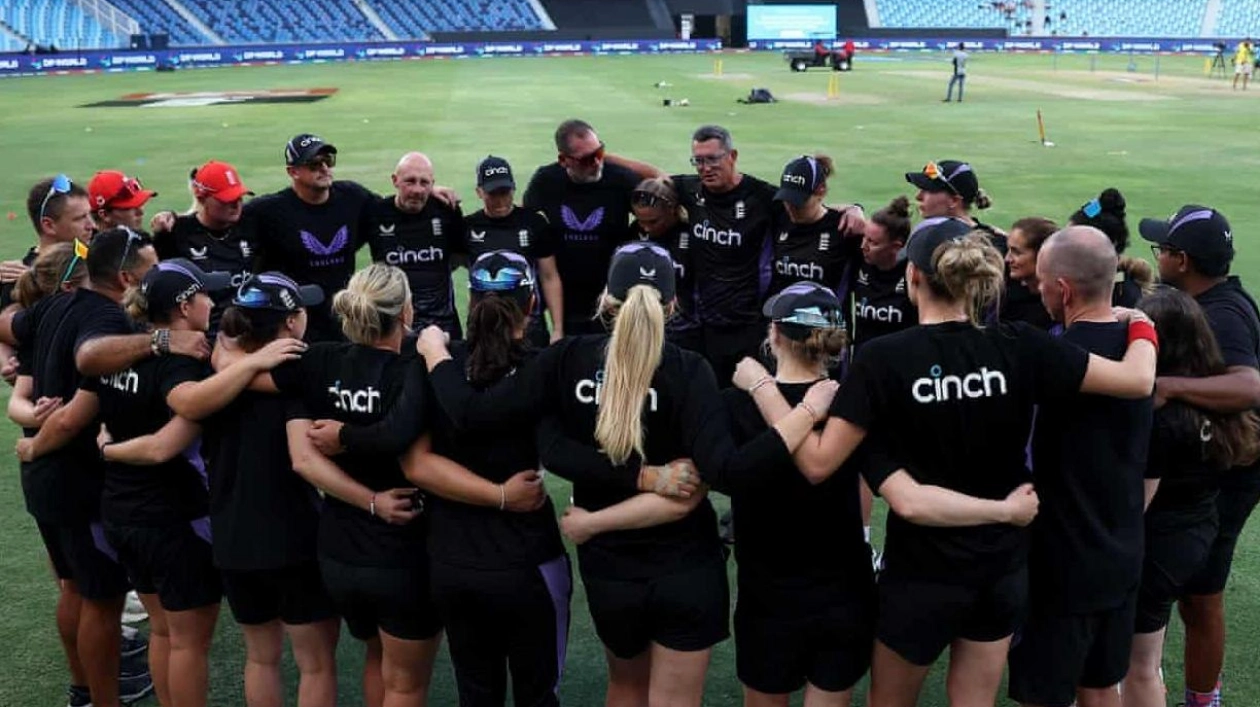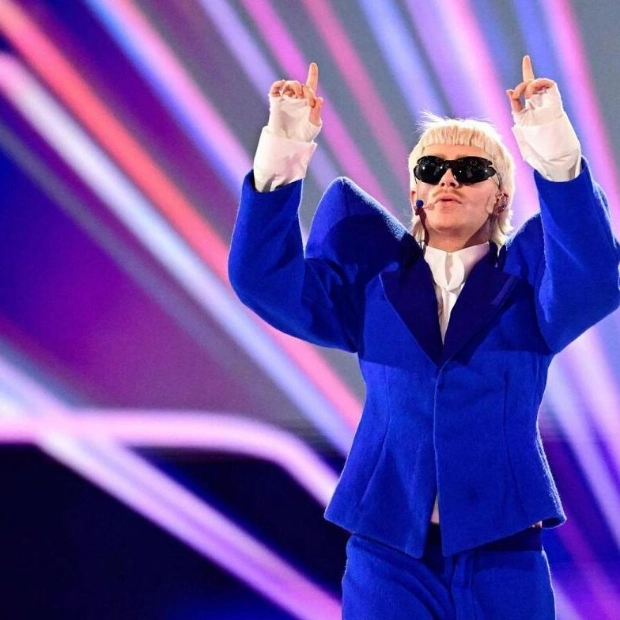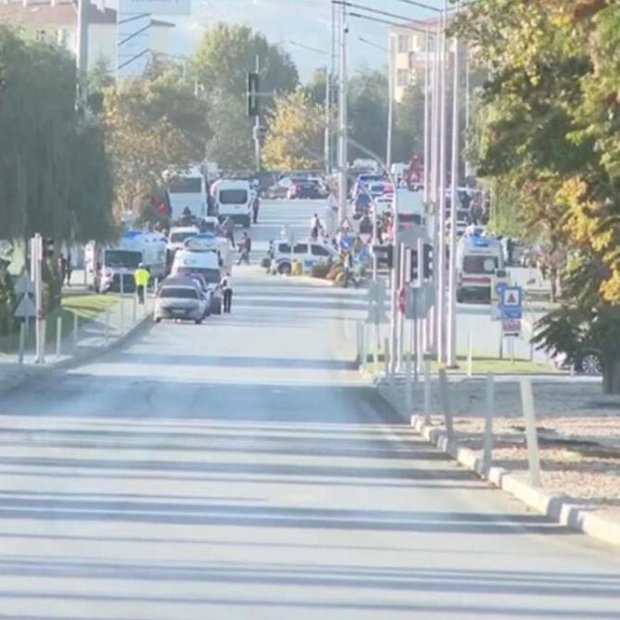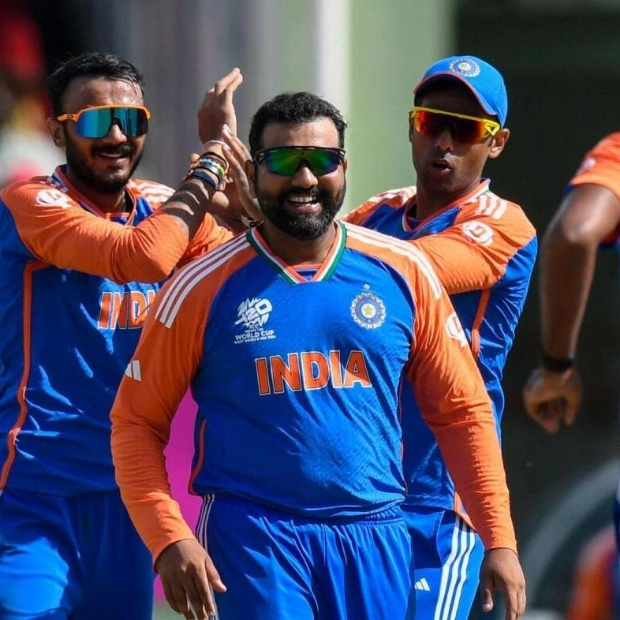The England women’s cricket team were seen as strong contenders for gold at the Birmingham 2022 Commonwealth Games. However, they failed to secure even a bronze medal. Heather Knight was sidelined just before the tournament due to a hip injury, and the interim captain, Nat Sciver-Brunt, faced challenges in asserting her authority. Her wife, Katherine, was reprimanded for using foul language on the field; England lost their bronze-medal match against New Zealand; and Sophie Ecclestone was caught on TV knocking over a chair with her bat.
Why revisit an event that occurred over two years ago? Because England’s dismal performance in the group stage of the T20 World Cup, where they were defeated by the West Indies, bore striking similarities to their 2022 performance. This time, Knight’s injury was a “popped calf,” but once again, Sciver-Brunt had to step in as vice-captain when Knight couldn’t play. Karl Marx once said, “History repeats itself – the first time as tragedy, the second time as farce.” If the Commonwealth Games were the tragedy, then the West Indies match was the farce: no chair smashing this time, but England’s fielding was so poor it seemed they had never seen a cricket ball before.
On both occasions, Sciver-Brunt appeared trapped, desperate to be rescued from the burden of captaincy. Some blamed England’s defeat on a lack of team fitness, but head coach Jon Lewis offered a more compelling explanation: “We missed Heather.” He admitted that Sciver-Brunt had no idea how to respond to Qiana Joseph’s 38-ball, 52-run onslaught. “Heather might have been able to help the bowlers more than Nat was able to in that situation,” he said. “I could see after six overs a lot of the players starting to drift off. We looked deflated.”
Lewis has recently spoken about forming a “strategy group” of senior players to aid decision-making on the pitch. But talk is cheap. On Tuesday, with England’s attack being dismantled by Joseph, this group—including Ecclestone, Alice Capsey, and Sarah Glenn—had no clue about plan B or how to support Sciver-Brunt. Lewis had to take the unprecedented step of coming onto the pitch during the drinks break to try to restore order. It was already too late.
Captains get injured, and it’s nobody’s fault. Just look at Australia, who suffered a shock defeat against South Africa in the semi-finals without their captain, Alyssa Healy. But compare Healy’s post-match comments about her understudy, Tahlia McGrath, to Lewis’s comments about Sciver-Brunt. “T-Mac’s had the opportunity to captain in my absence before and done it outstandingly well,” Healy said. “I can’t fault the side at all in their optimism in taking on the challenge.” This puts England’s overreliance on Knight’s leadership into perspective.
There has been no update on the severity of Knight’s “calf pop,” but what if she were to sustain a career-ending injury? The truth is, nobody knows who would succeed her—least of all Lewis. When he had the chance to test a potential successor during England’s tour to Ireland in September, he chose Kate Cross instead. Even with clear evidence of Sciver-Brunt’s reluctance to lead full-time, Lewis took the easy route and kept her as vice-captain.
It’s clear why Lewis has avoided the issue. Knight has been captain of this team for over eight years. Succession planning will require navigating complex dynamics involving seniority, player cliques, and possibly even looking outside the squad for a new leader. On the other hand, it’s the coach’s job to make tough decisions. Lewis’s reluctance has already cost England a spot in the World Cup final; if he isn’t prepared to step up now, perhaps it’s time for him to reconsider his position.
Source link: https://www.theguardian.com






